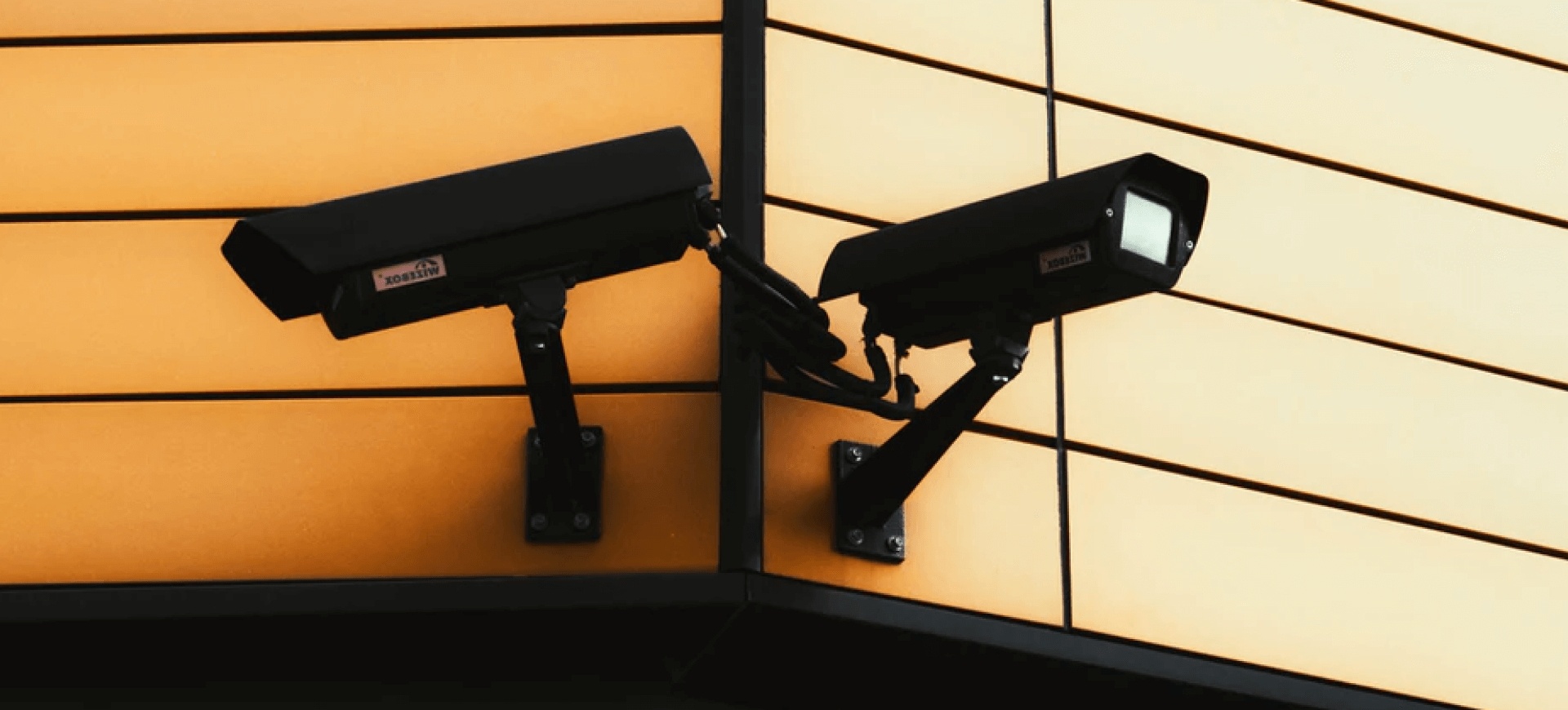
The Navy will begin randomly testing its special operations forces for steroids and other performance-enhancing drugs beginning in November, taking a groundbreaking step that military leaders have long resisted. Rear Adm. Keith Davids, commander of Naval Special Warfare Command, announced the new program Friday in a message to his force, calling it necessary to protect their health and military readiness. The Navy will be the first to begin random testing, but Army Special Operations Command said it will soon follow suit, although no start date has been set. The Army and Navy have the largest and most well known special operations forces, including the Navy SEALs and Army’s Delta Force, Green Berets and Ranger Regiment. They are often called on to do the military’s most sensitive and dangerous missions. The physical and mental challenges of getting through their selection and training programs and the pressures of the risky missions can lead to some to use performance-enhancing drugs, although officials say the numbers are small. The use of these drugs has been a somewhat limited but persistent problem across the military, but leaders have balked at increased testing because it is highly specialized, costly and requires contracting with the few labs that do such work. The military services have done occasional tests when they perceive a problem with an individual service member, but they must get special permission from the Pentagon to do routine, random testing. The Air Force and the Marine Corps special operations commands said they have not yet requested a similar policy change. According to the Navy command, four units will be randomly selected each month, and 15% of each will be tested. That will amount to as many as 200 sailors monthly, and those testing positive face discipline or removal. A driving factor in the announcement, which has been in the works for months, was the death of a Navy SEAL candidate early last year. Kyle Mullen, 24, collapsed and died of acute pneumonia just hours after completing the SEALs’ grueling Hell Week test. A report concluded that Mullen, from Manalapan, New Jersey, died “in the line of duty, not due to his own misconduct.” Although tests found no evidence of performance-enhancing drugs in his system, a report by the Naval Education and Training Command said he was not screened for some steroids because the needed blood and urine samples were not available, and that multiple vials of drugs and syringes were later found in his car. The NETC’s broader investigation into SEAL training flagged the use of performance-enhancing drugs as a significant problem among those seeking to become elite commandos and recommended far more robust testing. Investigations in 2011, 2013 and 2018 into suspected steroid use by SEAL candidates led to discipline and requests for enhanced testing. The use of hair follicle testing was denied at least twice by Navy leaders over that time, and random testing for steroids wasn’t authorized by the Defense Department. Davids requested the policy change to allow the screening, and in January, the Pentagon undersecretary for personnel approved an exemption authorizing random testing within the Naval Special Warfare force. The testing only affects the roughly 9,000 active-duty military personnel and reservists on active-duty orders in the command. Civilians are not included. The, random force-wide testing initiative, Davids said, is a commitment […]
The post Navy To Start Randomly Testing SEALs And Special Warfare Troops For Steroids appeared first on The Yeshiva World.
View Source: Read More











